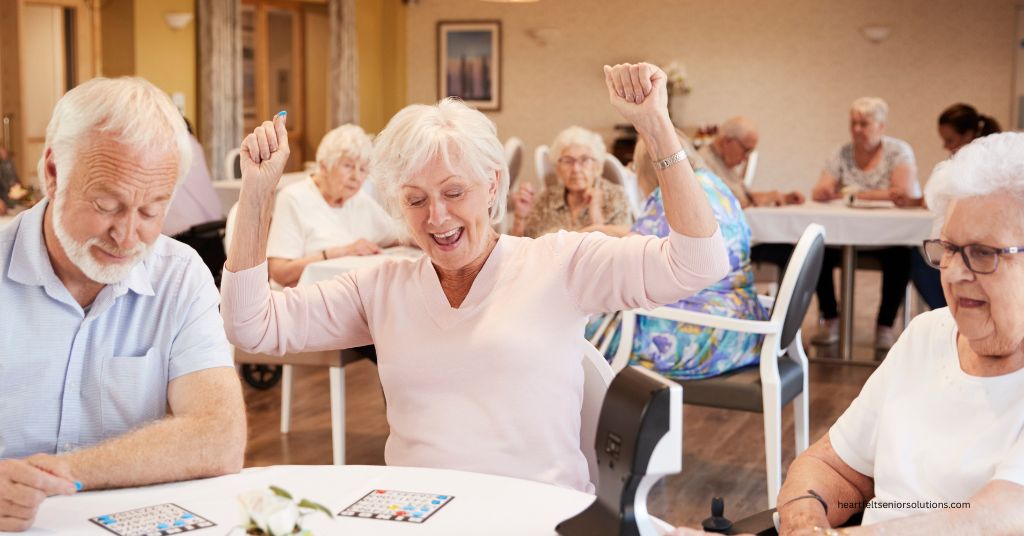If you’re a caregiver right now, reading this while running on fumes, I want to start by saying: you’re not alone. If I could, I’d give you a big hug and remind you that the feelings you’re carrying — exhaustion, guilt, frustration, love, fear — are all real, and they’re all valid.
Over the years, I’ve sat across the table from so many caregivers who whispered, “I feel like I can’t do this anymore… but I feel guilty for even saying it.” My heart always aches for them, because I know how much they love their parent or spouse — and I also know how heavy the load can become.
The Toll of Caregiving
Caring for a loved one is one of the most selfless roles you can take on. But it can also be one of the most draining. The constant worry, the lack of sleep, the juggling of work and family — it all adds up.
I’ve met daughters who cry in my office, sons who look exhausted beyond words, and spouses who feel like they’ve lost themselves in the endless routine of caregiving.
Signs of Caregiver Burnout
It’s not always easy to see burnout in yourself, but here are some common signs I’ve noticed in families I’ve worked with:
- Constant fatigue, even after sleep.
- Irritability or short temper.
- Withdrawing from friends, hobbies, or social life.
- Forgetfulness or trouble concentrating.
- Neglecting your own health because you’re so focused on theirs.
If you recognize these in yourself, please know — it doesn’t mean you’re failing. It means you’re human.
A Story of Relief
I’ll never forget a wife I worked with a few years ago. She was caring for her husband with advancing dementia, and when I met her, she hadn’t had a full night’s sleep in months. She told me, “I love him more than anything, but I’m so tired I feel like I can’t even think straight.”
We talked through the options together, and eventually, her husband moved into a memory care community that fit his needs.
The first time I saw her after the move, she hugged me with tears streaming down her face and said how thankful she was to finally be able to spend quality time with her husband again. She told me she could sit with him, hold his hand, and simply enjoy being his wife — something she hadn’t been able to do before, because whenever she finally had a quiet moment, she was just too exhausted from the constant care to truly be present.
That’s what this journey is really about. It’s not about giving up care — it’s about giving your loved one the gift of your love and presence, without being crushed by the burden.
Practical Tips for Caregivers
While every family’s journey is unique, here are a few practices I often encourage caregivers to try:
- Take short breaks. Even 10 minutes of fresh air or a quiet cup of tea can reset your spirit.
- Stay connected. Reach out to a friend or support group. You are not meant to carry this alone.
- Prioritize your health. Eat nourishing meals, stay hydrated, and rest when you can.
- Explore respite or community care. Even short-term stays in a community can provide relief for both you and your loved one.
A New Perspective
I often tell families: when your loved one moves into a senior living community, you don’t stop being their caregiver — you simply get to shift back into being their daughter, son, or spouse again. And I’ve seen how healing that can be for both sides.
You’re Not Alone
If you’re tired, overwhelmed, or unsure what to do next, please know this: you don’t have to figure it out on your own. I’ll walk with you through the options, hold your hand through the process, and help you find relief for both you and your loved one.
👉 Schedule a free consultation today. There’s never a cost for families — just a heartfelt conversation to help you take the next step. And if we were sitting together right now, I’d wrap you in a heartfelt hug.







